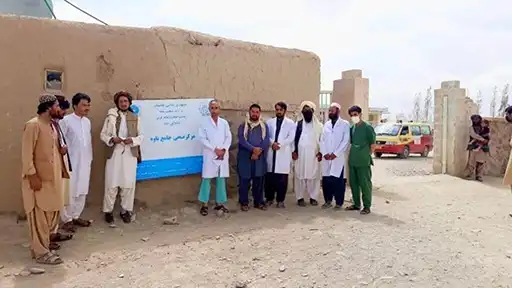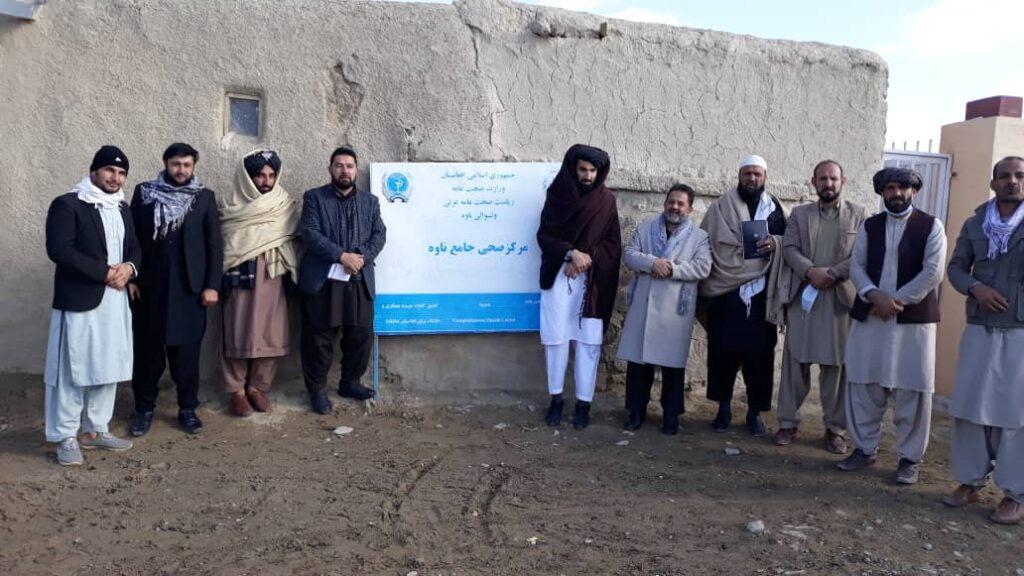GHAZNI CITY (Pajhwok): Some residents of the Nawa district of southern Ghazni province are complaining about un adequate health facilities and services.
Nawa district, 170 kilometres from Ghazni City, has around 500 large and small villages but only five small clinics, which are not enough for its population.
Mohibullah Khpalwak, a tribal elder, told Pajhwok Afghan News there was a shortage of health centres in the district and the existing facilities were not well-equipped.

Residents had to take their patients to the provincial capital for medical treatment, the elder said, urging the government to address their problem as soon as possible.
Haji Khaksar, another inhabitant of the district, said the road connecting Nawa district with Ghazni City was bumpy and people faced problems traveling it.
He also lamented: “There are few health facilities in the district and the dilapidated road hampers the evacuation of patients to the provincial capital.”
People could not take their patients to the main city in time because of the bad condition, he said, adding several patients had died on the way. He regretted their calls were yet to be heeded by the authorities.
Mirza Mohammad, who brought his spouse to Ghazni City for treatment, said: “I had visited the district health centre several times, but due to lack of facilities, my patient was not treated. I was thus forced to bring her to a private hospital in Ghazni City, travelling 170 kilometers, despite financial problems.”
He added: “There is no health facility in our area (Malik Din) and the health centres in the district cannot meet our need. We are faced with multiple problems, including financial constraints. We have to cisit hospitals in Ghazni City or Kandahar.”
Syedullah Taraki, a civil society activist, claimed no attention had been paid to the district in the past due to war and the health problems thus remained unsolved.
He deplored several pregnant women had lost their lives during childbirth. Now that conflict has ended, the government should focus on improving the health sector in the district.
More often than not, patients in remote villages due to lack of health centres and the distance to Ghazni City, he believed, asking the government to pay serious attention to the issue.
Dr Nahida Mohammadi, a women’s rights activist, confirmed the masses had been deprived of basic facilities due to war. Remote areas were without health services, and the previous government did not pay enough attention to the construction of more facilities, she alleged.
She called for the establishment of health centres in backward areas, release of funds and equipment, as well as tasking mobile teams with educating people to control diseases and address problems.
Dr. Rasoul Khan Nazari, director of public health, informed eight health centres were active in Nawa, including the district hospital, Nanga, Kala Khan, Faizabad, Malik Din, Rehman Qala, Poti and Sakira clinics.
He explained health services in the district had not been suspended. He visited many clinics recently and found the medicines there were also available in Ghazni City.
sa/mud








GET IN TOUCH
NEWSLETTER
SUGGEST A STORY
PAJHWOK MOBILE APP